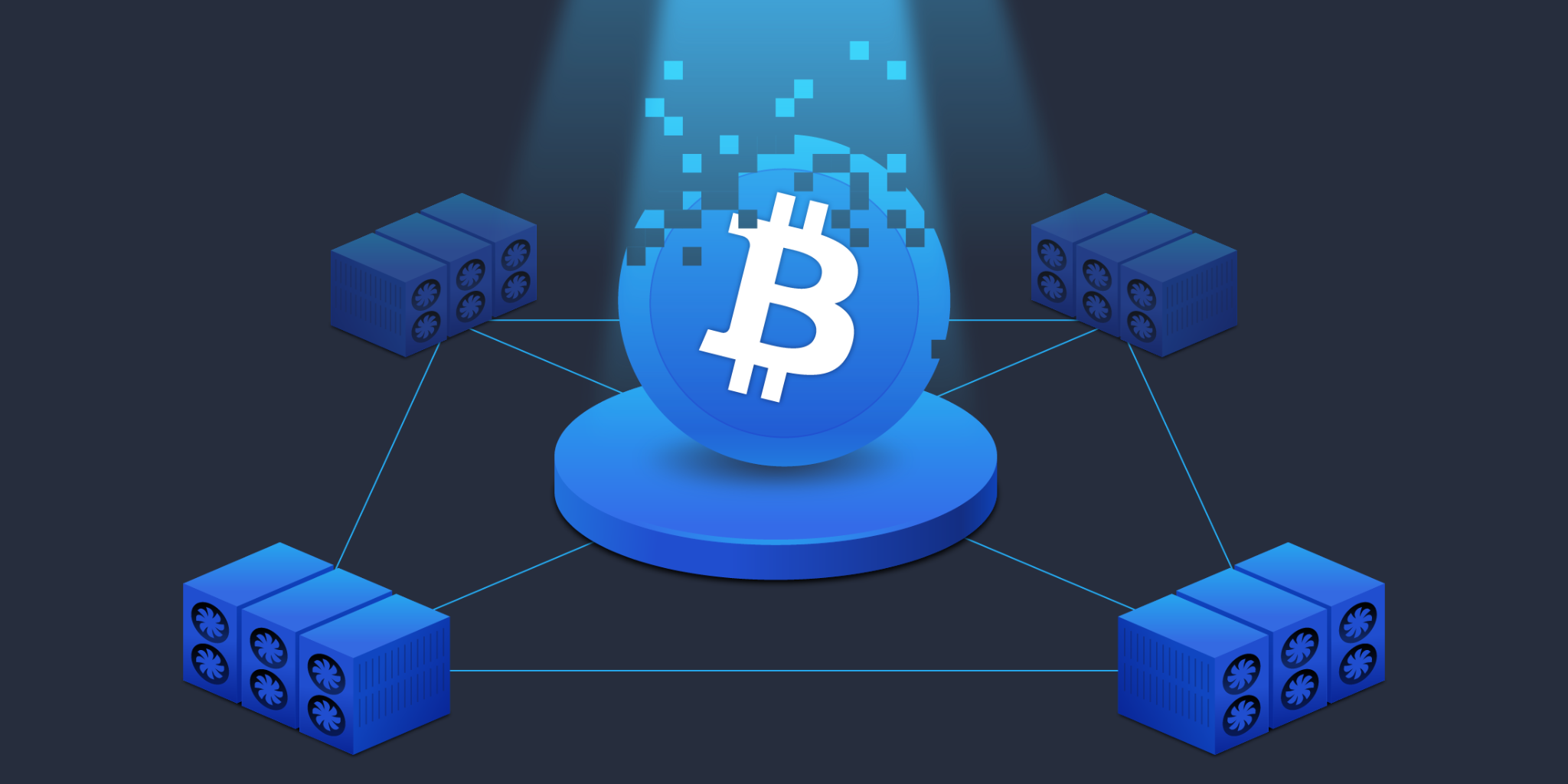Bitcoin mining refers to developing new bitcoins by resolving difficult math problems that verify financial transactions. When you mine a bitcoin effectively, you are rewarded with a set amount of bitcoin. Since its inception in 2009, Bitcoin has grown in popularity due to its unpredictable price swings and skyrocketing worth.
How Can You Participate in Bitcoin Mining?
Miners get bitcoin in exchange for verifying bitcoin transactions by solving a hash on the database using custom-built computing devices. These transactions secure the bitcoin blockchain, which rewards miners with bitcoin payments. Miners must become the first to reach the accurate or closest solution to the question to complete the mining process. Proof of work is estimating the correct number (hash). Miners predict the target hash by making as many random guesses as possible, which demands a lot of processing power. As even more miners integrate into the network, the difficulty rises.
Is It Profitable or Worthwhile to Mine Bitcoin?
Bitcoin mining started as an attractive hobby for early adopters who could earn 50 BTC every 10 minutes while mining from their bedrooms. If you successfully mined just one Bitcoin block and kept it from 2010, you’d have $450,000 in your wallet by 2020.
Profitability of Mining Bitcoin in Recent Times
Before procuring fixed-cost equipment, prospective miners should do a cost-benefit analysis to identify their break-even point. Power costs, efficiency, time, and the market value of bitcoin are all considerations to consider. When Bitcoin fell below $25,000 in June 2022, the hash rate decreased to 5.4%. In May, the average price of graphics processors, which supply computing power, fell by 15%, suggesting that miners are selling their chips on the secondary market.
Profitability of Bitcoin Mining Over Time
Aspects of this industry are similar to those of tangible mining assets such as gold or silver. The higher asset prices climb, the more profitable mining gets, and the less efficient miners must be to profit. However, Chris Kline, co-founder and chief operating officer of Bitcoin IRA, points out that, aside from the price of Bitcoin, there are numerous aspects to consider when it comes to Bitcoin mining profitability. Along with pricing, crypto mining profitability is being controlled by several factors, including rising electricity rates, gas and energy prices, and transactional fees. Each year, bitcoin mining consumes roughly 139 terawatt-hours (TWh) of electricity.
The Fundamentals You Need to Begin Mining Bitcoin
- Wallet: This is where you will keep any Bitcoin you earn as a consequence of your mining activities. A wallet is a secure online account that allows you to store, send, and receive Bitcoin or other cryptocurrencies. Companies such as Coinbase, Trezor, and Exodus all provide bitcoin wallets.
- Software for mining: There are numerous mining software providers available for free download and running on Windows and Mac computers. After the software is synced to the necessary hardware.You will be capable of mining
- Computer hardware: The hardware is the most expensive component of Bitcoin mining. To efficiently mine Bitcoin, you’ll need a powerful computer that consumes massive electricity. It is not unusual for the hardware to cost $10,000 or more.
Difficulty Rate of Mining Bitcoin
An automatic system ensures that you can discover bitcoin blocks every 10 minutes. It changes the difficulty rate based on how many miners compete to discover blocks at any particular time. The rate changes every two weeks to maintain consistent production of validated blocks for the blockchain while introducing a limited quantity of bitcoins into circulation. The initial reward for a miner was 50 bitcoin. The system cut this amount in half in 2012, and the reward was reduced to $25. In 2016, it was to 12.5. The system will cut the award in half again in May 2020, to 6.25, the current amount. Prospective miners should be aware that the size of the payout will continue to drop in the future, even while the difficulty rises.
Conclusion
Bitcoin mining is the mechanism through which miners earn bitcoins in exchange for conducting the verification procedure that allows transactions to be validated. The economics of bitcoin mining has evolved as the difficulty levels of the bitcoin algorithm have increased, and significant institutional actors have entered the bitcoin mining ecosystem. Before starting out, individual miners should conduct a cost-benefit analysis, considering variables such as electricity costs, efficiency, and bitcoin price.

